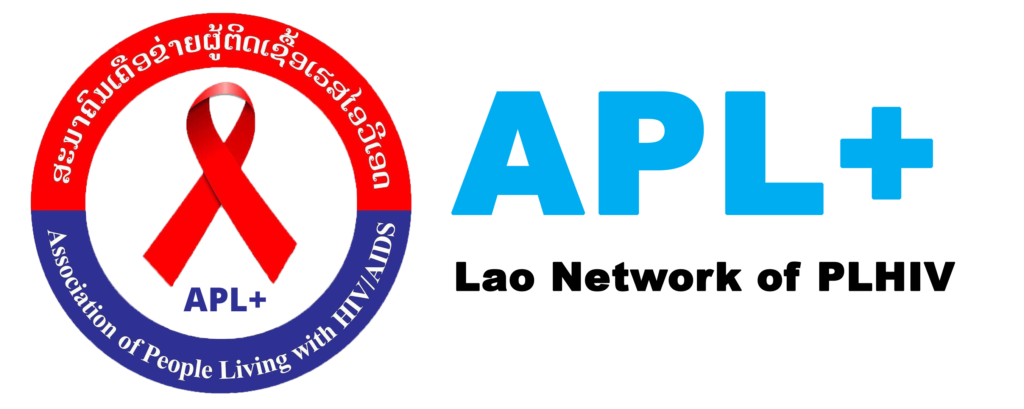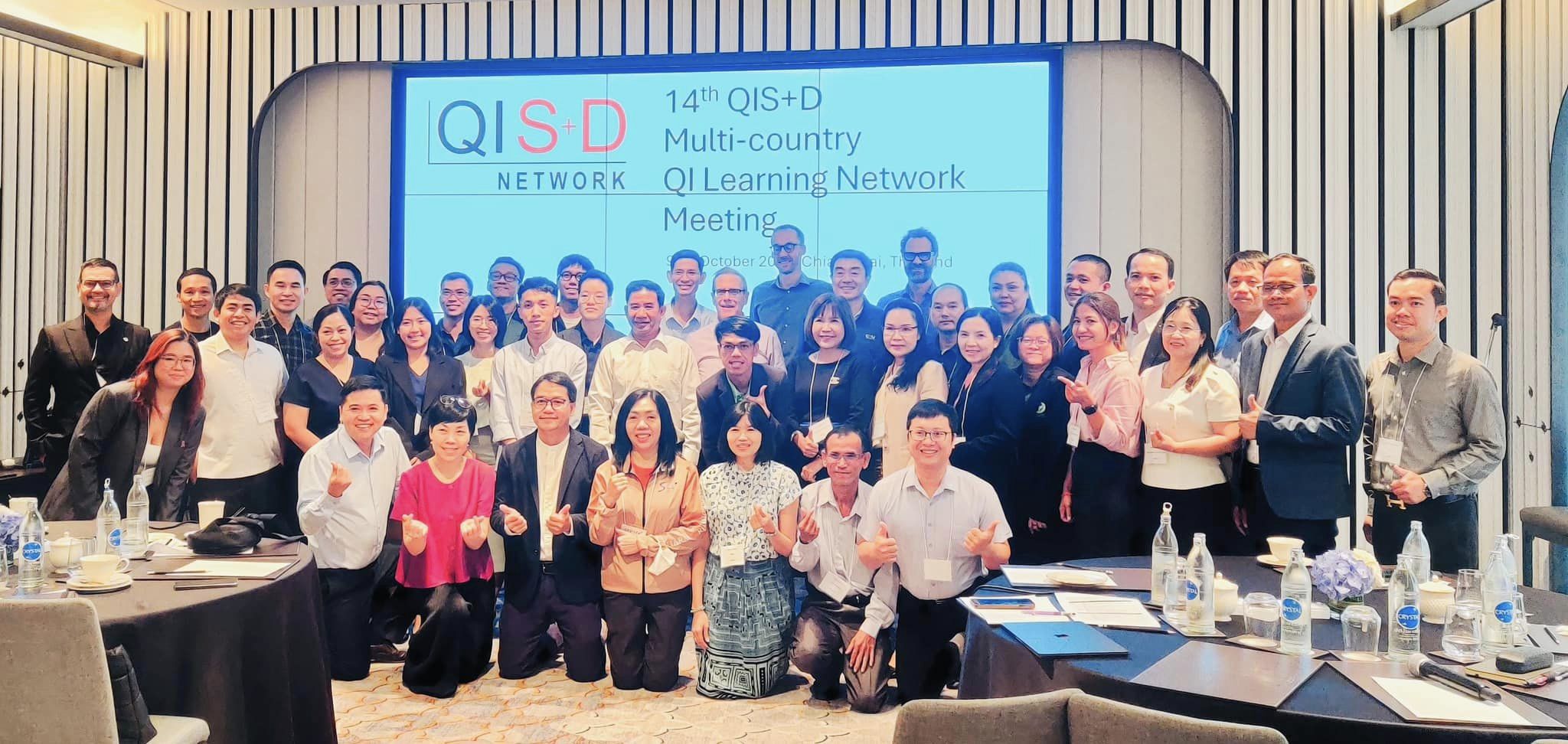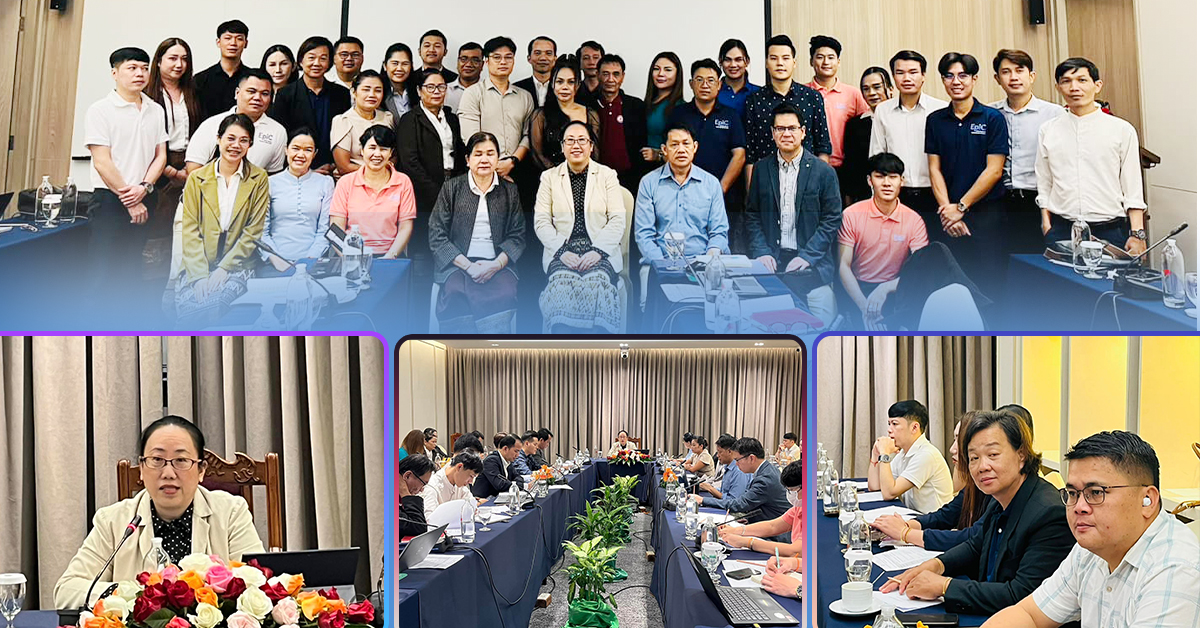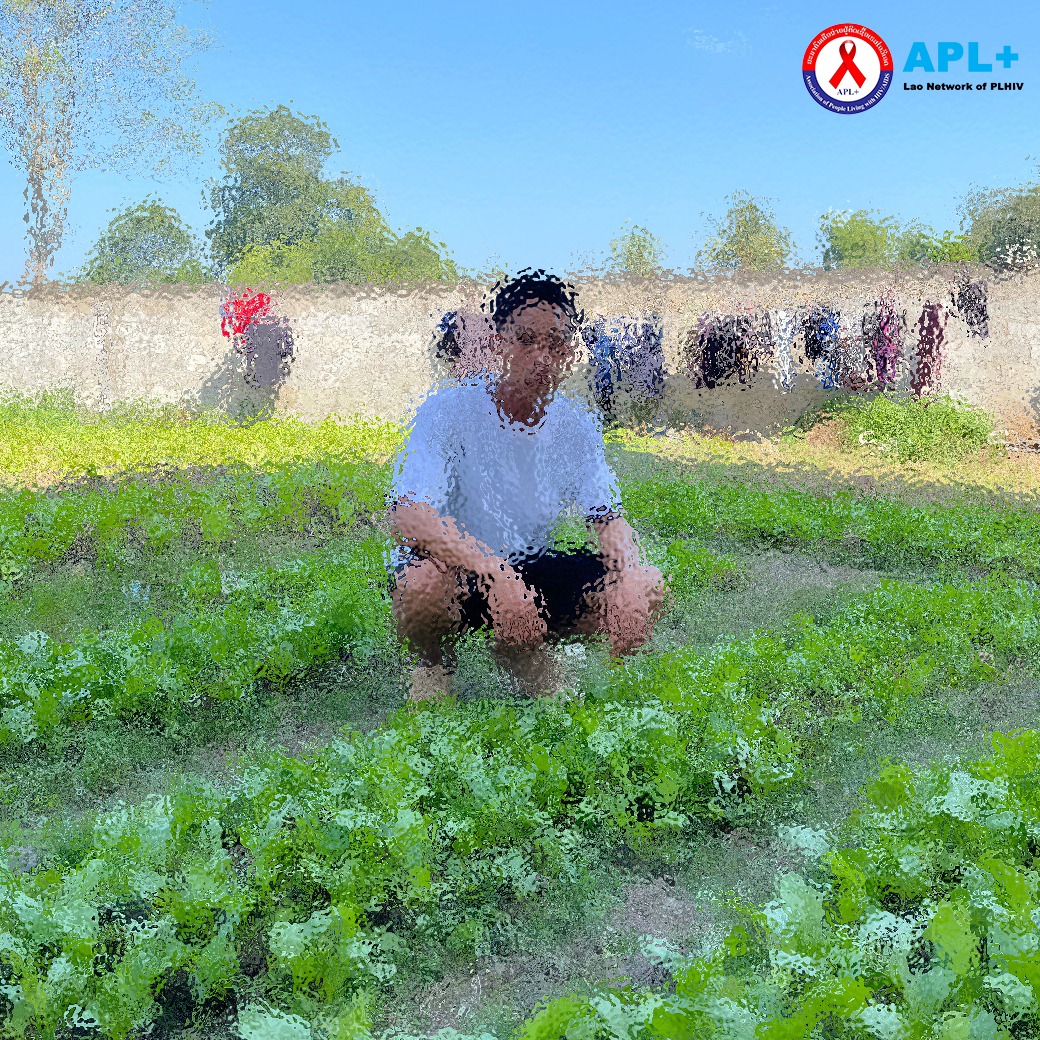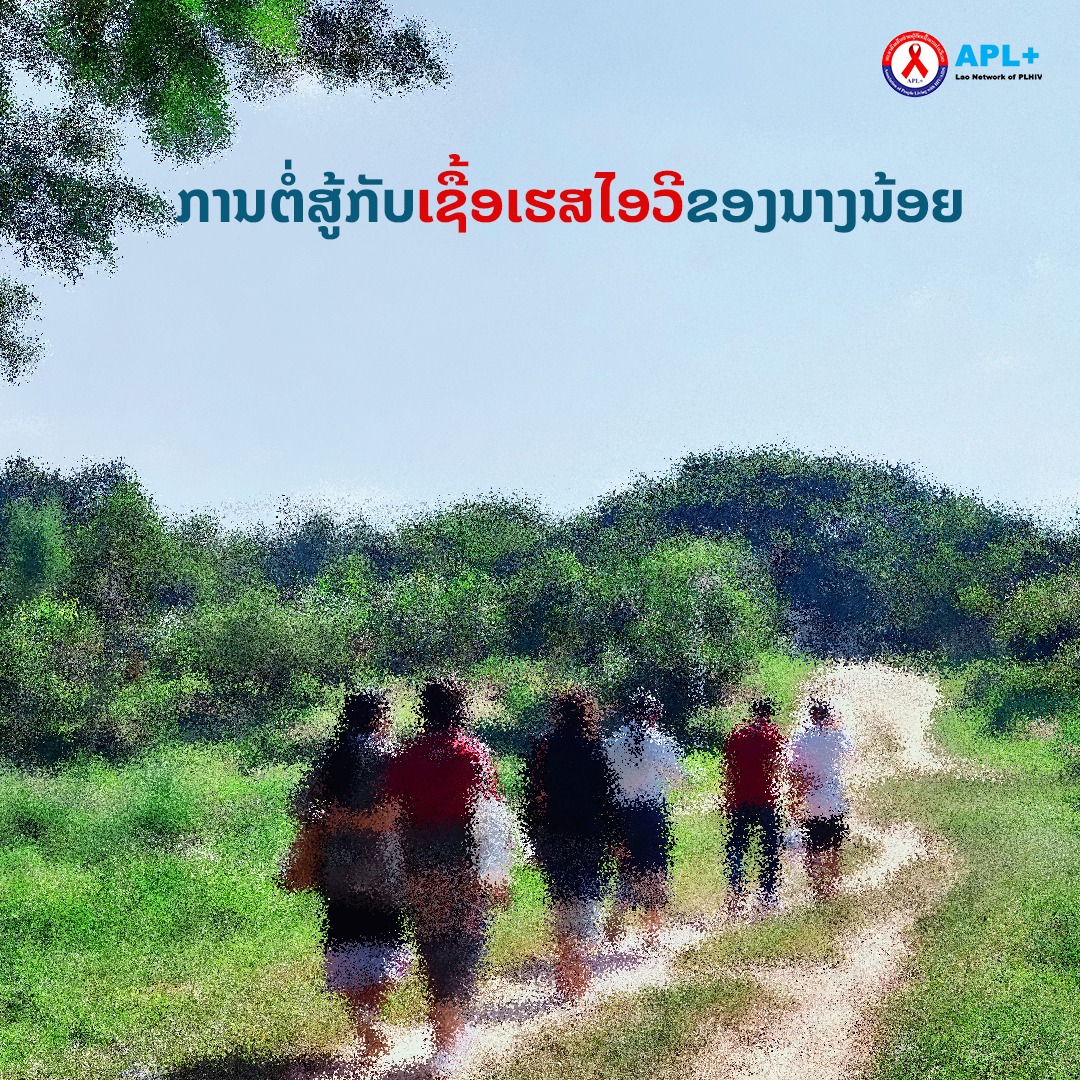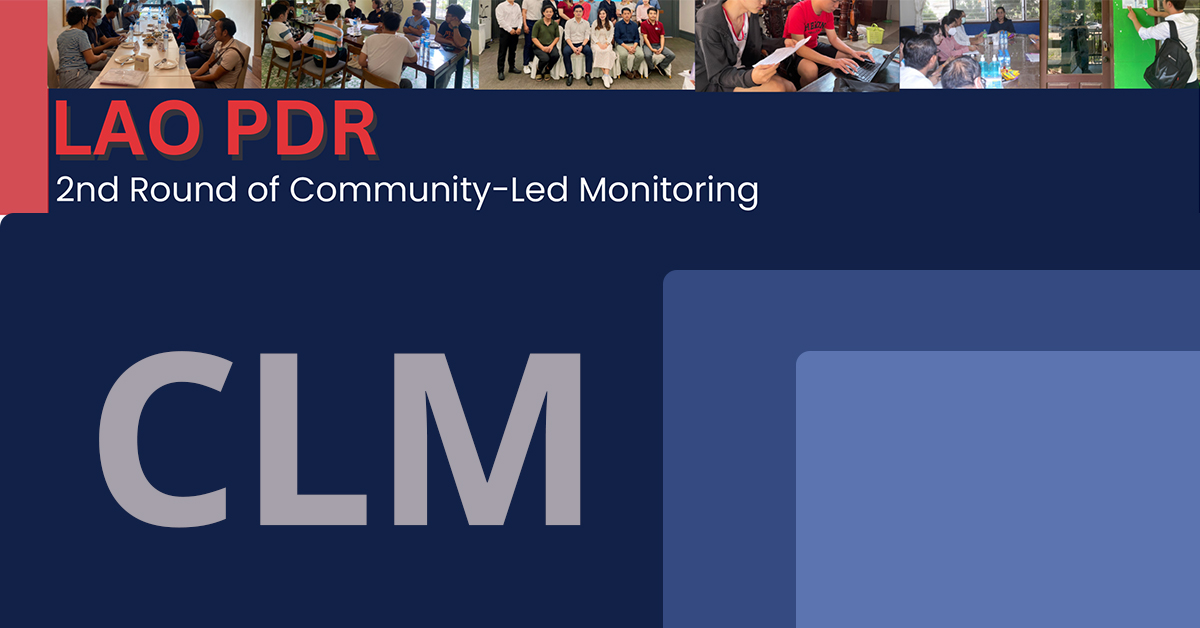The Association of People Living with HIV/AIDS (APL+) is a community-led organization dedicated to providing care and support for vulnerable individuals living with HIV/AIDS. Our mission is to ensure equal access to better health facilities, social welfare, and livelihoods for all. APL+ strengthens and promotes community involvement through awareness campaigns aimed at reducing stigma.
APL+ was formally approved on 28th July 2012 by the Ministry of Home Affairs (MOHA) under the approval number 399/MOHA. It was officially registered according to the decree of the Ministry of Home Affairs No. 238/GoV on 11th August 2017. Since then, we have been acting as a representative voice for communities related to health, livelihood, and well-being particularly women and children.
.
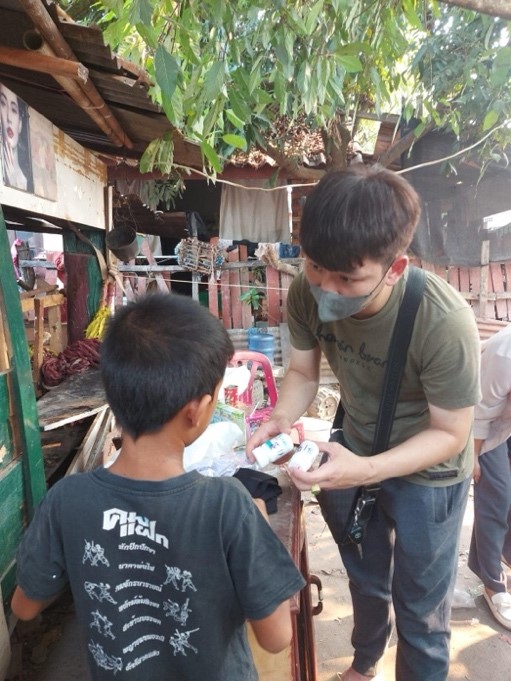
APL+ we have been focusing on four key strategies to support our respective communities and to achieve our mission:


Policy Advocacy: We worked tirelessly to identify and address gaps in care and treatment. By advocating for policies that support the needs of people living with HIV/AIDS, we strive to improve the quality of care and ensure that no one is left behind.
Stigma Reduction: Through targeted awareness campaigns, we aim to reduce the stigma and discrimination associated with HIV/AIDS. By educating the public and promoting understanding, we foster a more inclusive and supportive environment.
Well-Being Support: We provide comprehensive support to communities, including vocational training and educational assistance. Our programs are designed to empower vulnerable individuals, particularly women, by enhancing their skills and opportunities for economic independence.
Community Involvement: APL+ believes in the power of community. We actively engage community members in our initiatives, ensuring that their voices are heard and their needs are met. By building strong community networks, we create a supportive environment for those affected by HIV/AIDS.
Together, these strategies help us build a more supportive, equitable, and stigma-free society for those affected by HIV/AIDS. Through our dedicated efforts, we aim to improve the lives of individuals living with HIV/AIDS and ensure they have the resources and support they need to thrive.
The 6 Key Projects Accomplished in 2022-2023
1.Nutrition Approach Project: Strengthen the health of mothers and children living with HIV/AIDS in Xaychampon District, Bolikhamxay Province.
Activities: Provided nutritional support and supplements to mothers and children.
Conducted workshops on proper nutrition and healthy eating habits. Distributed food packages and essential vitamins to improve overall health outcomes.
2. Care and Support Project: Support vulnerable people living with HIV across 12 provinces.
Activities: Distributed basic daily food supplies to those in need. Encouraged adherence to antiretroviral therapy (ARV) through education and support. Offered mental health support services, including counseling , peer support groups and home base care.

3.HIV Information and Awareness Campaign: Reduce stigma associated with HIV/AIDS in communities.
Activities: Organized community-based information sessions and workshops. Launched a public awareness campaign using local media and social platforms. Provided accurate and comprehensive information about HIV prevention, treatment, and living with the disease.
4.Community-Led Monitoring Project: Collect information and feedback from key populations, especially men who have sex with men (MSM) and transgender (TG) individuals living with and affected by HIV.
Activities: Conducted group discussions and interviews to gather insights and experiences.
Analyzed data to identify gaps in services and areas needing improvement. Used findings to advocate for better policies and practices to support key populations.
5.Vaccination Promotion Project: Promote access to health and COVID-19 vaccination in communities.
Activities: Encouraged community members to access government health services and vaccination programs. Conducted informational sessions on the importance of vaccination.
Collaborated with local health authorities to facilitate vaccination drives and ensure accessibility.
6.Vocational training project to support better quality of life for communities, particularly focusing on young individuals living with and affected by HIV, involves several critical steps. The project aimed to provide these individuals with skills that enhance their employability, self-sufficiency, and overall well-being, Such as:
– Empowerment Through Skills: Vocational Training for Youth Affected by HIV
– Skill Development: Provide vocational training in various trades to improve employability.
– Economic Empowerment: Enhance economic opportunities and self-sufficiency.
– Community Support: Foster a supportive community environment.
– Health Education: Integrate health education and HIV awareness into training.
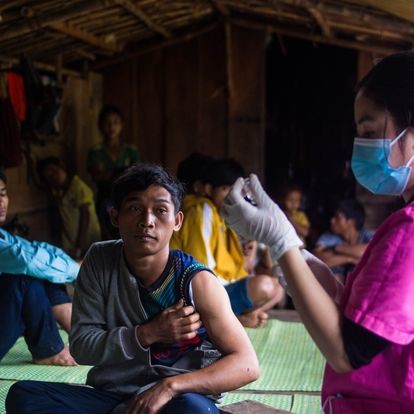
Impact and Outcomes
Nutrition Approach Project: Improved nutritional status and health outcomes for over 500 mothers and children in Xaychampon District. Care and Support Project: Provided essential food and mental health support to more than 1,700 individuals across 12 provinces, leading to improved ARV adherence. HIV Information and Awareness Campaign: Reached over 10,000 community members, significantly reducing stigma and increasing knowledge about HIV/AIDS.
Community-Led Monitoring Project: Collected valuable data from over 300 MSM and TG individuals, leading to targeted interventions and policy recommendations.
Vaccination Promotion Project: Increased vaccination rates by 40% in targeted communities, enhancing overall health and protection against COVID-19. These projects have significantly contributed to the well-being and support of communities affected by HIV/AIDS, fostering a more informed, inclusive, and health-conscious society.
Vocation training project by focusing on these elements, the vocational training project can significantly impact the lives of young individuals living with and affected by HIV, fostering a supportive environment that promotes both economic and personal well-being of vulnerable people
